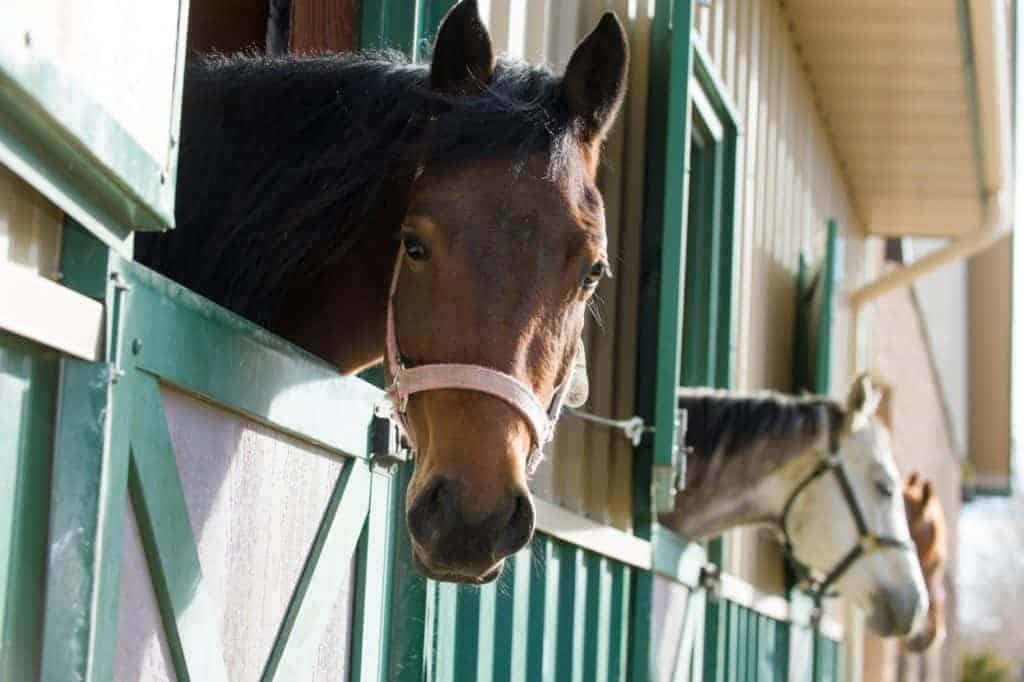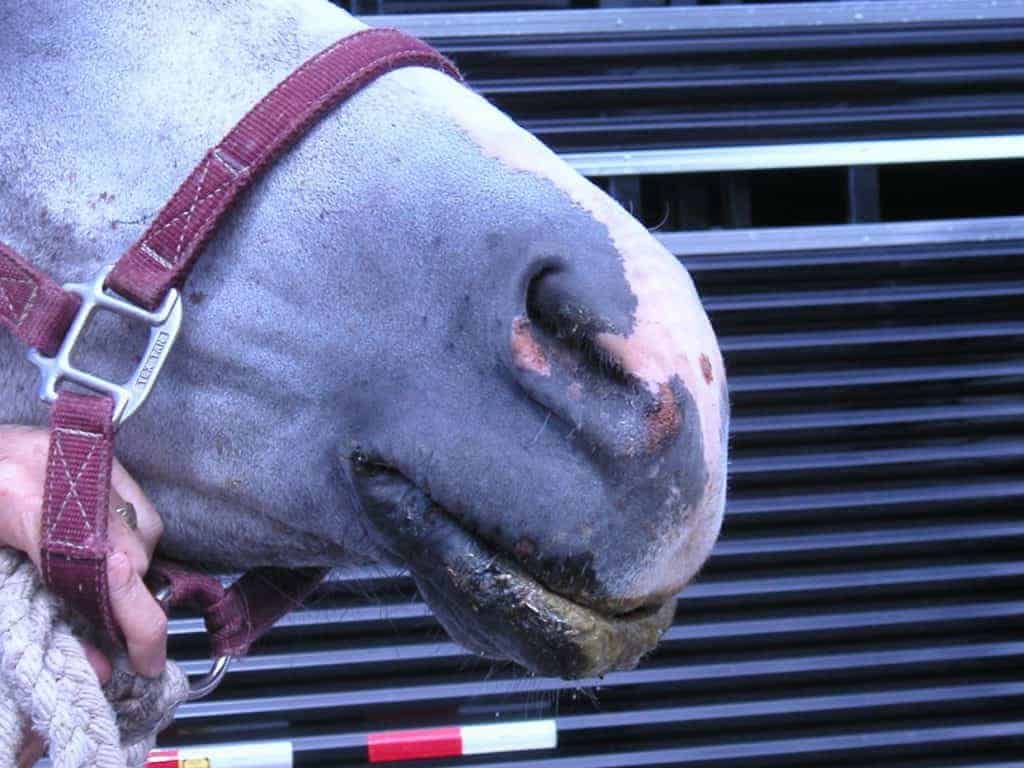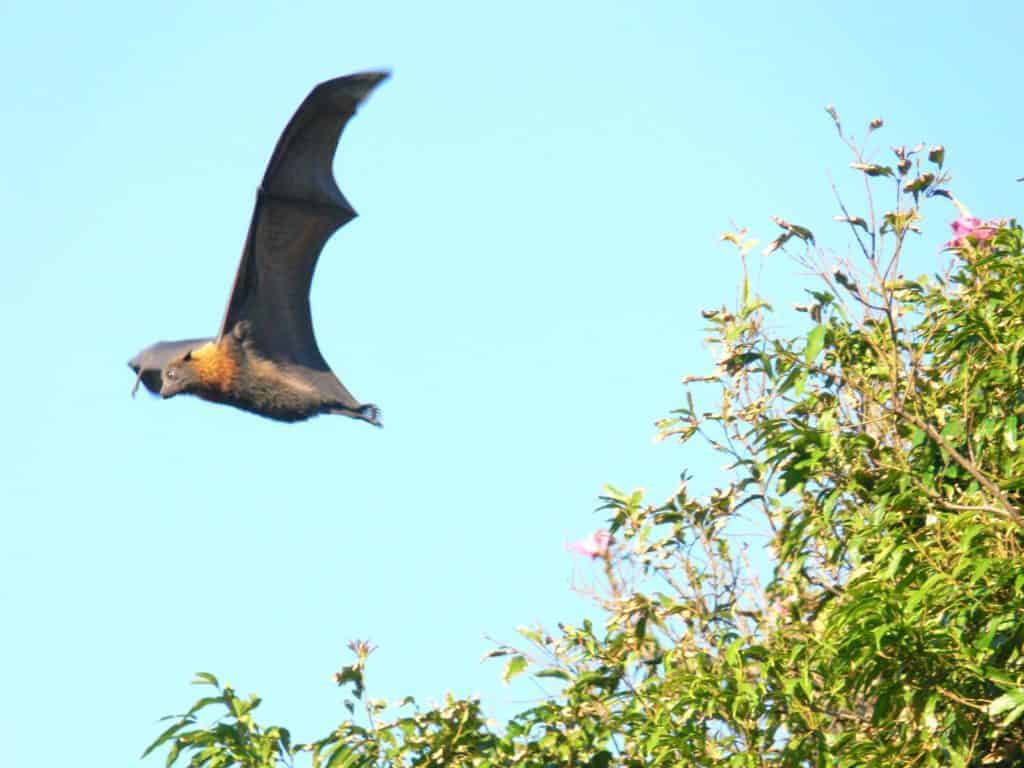
Colorado VS: Four Counties Now Affected
As of July 15, 19 premises in four counties are quarantined after horses, mules, and one cattle herd tested positive.

As of July 15, 19 premises in four counties are quarantined after horses, mules, and one cattle herd tested positive.

The change is expected to provide a more timely response on local tests; previously samples were sent to an Iowa lab.

Nine locations in three counties are quarantined after horses residing there tested positive for vesicular stomatitis.

Horses in Montrose and Delta counties tested positive for vesicular stomatitis on July 2.

Officials said an unvaccinated 19-year-old gelding died after showing clinical signs of infection for two to three days.

Some ticks can carry and transmit the bacteria that causes Lyme disease to horses. Here’s what you should remember.

The two previously infected herds in Reeves and Pecos counties have been released from quarantine.

Veterinarians say vaccination is the most effective way to protect people and their horses from the deadly hendra virus.

Learn about healthy foals, problems that are common in newborns, how veterinarians treat these issues, and more.
The Veterinary Diagnostic Lab is in-the-know on animal diseases, including equine ones, around the state and country.

Earlier this month three horses in Pecos County, Texas, tested positive for vesicular stomatitis (VS), as well.

The three horses reside at a single farm in Pecos County, located approximately 30 miles north of Fort Stockton.

Officials said all fourteen equids placed under quarantine were released as of May 14.
The California Department of Food and Agriculture determined that a Turf Paradise horse had vesicular stomatitis (VS).

Two Arizona horses and a Utah mule have tested positive for vesicular stomatitis.

Officials are managing two vesicular stomatitis cases: one in a Grant County horse and one in an Otero County horse.
Stay on top of the most recent Horse Health news with
"*" indicates required fields